THE RUHR POCKET
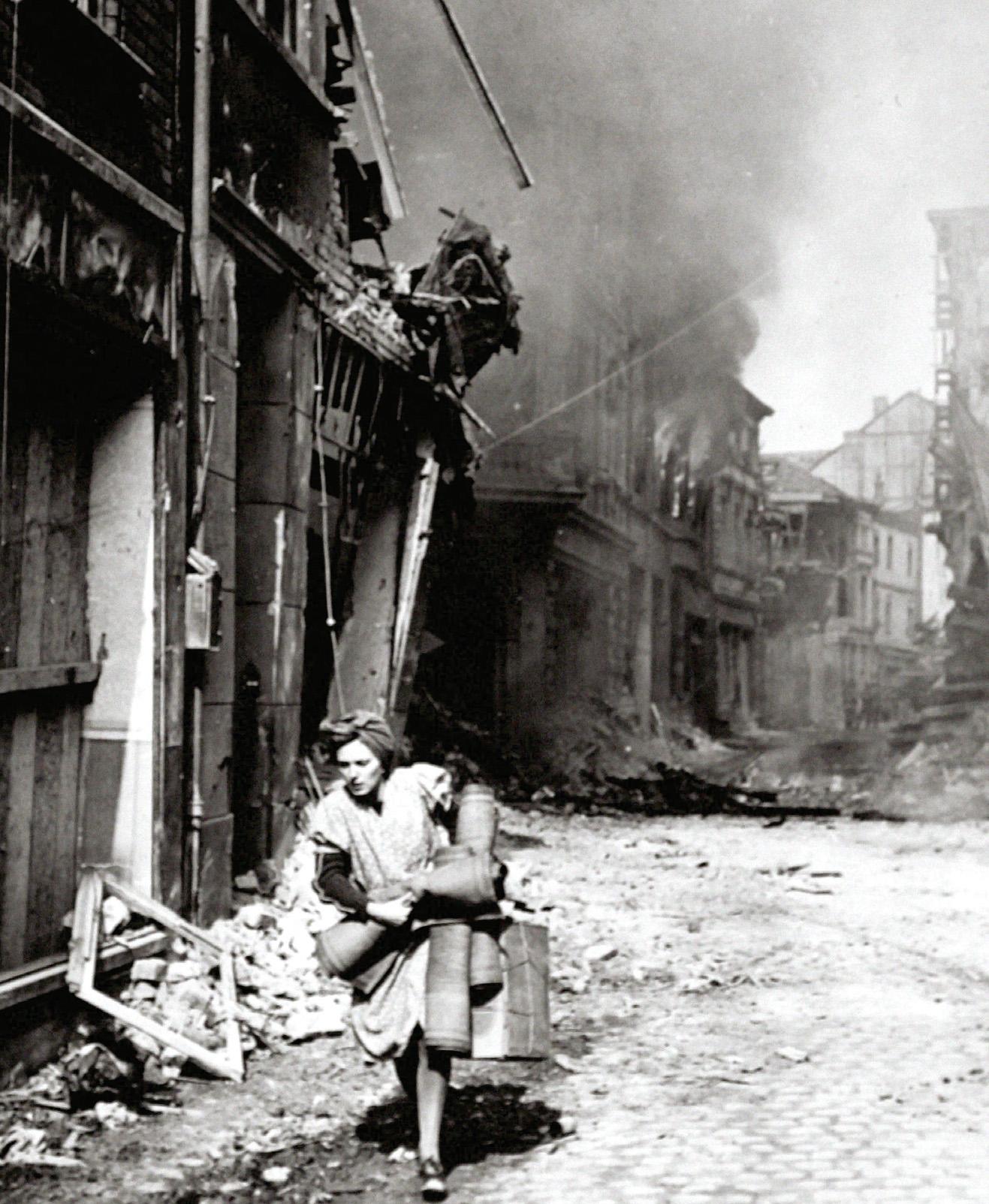
Heeresgruppe B was Nazi Germany's last sizeable force in western Europe in the spring of 1945. Field Marshal Walter Model, its pugnacious, monocled commander, was a master of defensive warfare and was determined to stop the Western Allies advancing into the heart of Germany. But his 19 divisions were in a desperate state, as his Chief of Staff Carl Wagener lamented: "We had a confused army of stragglers who, when gathered up, only slipped away again."
Having never achieved a decisive envelopment of a German field army, General Omar Bradley planned to do just that by encircling Heeresgruppe B in the Ruhr and annihilating it. In the south the US First Army would break out of its bridgehead at Remagen, while 80 miles (130km) to the north General William Simpson's Ninth Army would strike east from Wesel. The jaws of the pincer were due to meet at the ancient city of Paderborn about 100 miles (160km) away.
On 25 March the offensive began, with General Joseph 'Lightning Joe' Collins' Seventh Corps attacking out of the Remagen bridgehead. After losing three Sherman tanks to a deadly German Tiger, one of the new, heavy M26 Pershing tanks showed its worth by destroying the dreaded panzer, and the Americans surged towards Altenkirchen.
Dit verhaal komt uit de Issue 143 editie van History of War.
Start your 7-day Magzter GOLD free trial to access thousands of curated premium stories, and 9,000+ magazines and newspapers.
Al abonnee ? Inloggen
Dit verhaal komt uit de Issue 143 editie van History of War.
Start your 7-day Magzter GOLD free trial to access thousands of curated premium stories, and 9,000+ magazines and newspapers.
Al abonnee? Inloggen
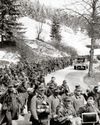
HITLER'S 'ALPINE FORTRESS
With the Rhine crossed and the Ruhr taken, Allied Supreme Commander Dwight D Eisenhower had to decide what came next. His orders would help shape the fate of Europe for decades to come

BLUNTING THE SULTAN'S SPEAR
During his 1532 invasion, Suleiman the Magnificent faced a seemingly simple obstacle in the small fortress of Koszeg, Hungary. What ensued was a bloody struggle between Ottoman firepower and imperial grit

BATTLE OF THE NILE NELSON vs NAPOLEON
In 1798, Britain's most celebrated admiral pursued the French across the Mediterranean, attempting to thwart General Bonaparte's mission to Egypt. The pursuit culminated in what was arguably the most strategically important naval battle of the Napoleonic Wars
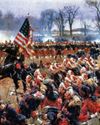
FREDERICKSBURG
The Confederate invasion of the north had been repulsed in Maryland by the Army of the Potomac. President Abraham Lincoln now urged his military to seize the initiative and crush the Confederates in the east and capture their capital Richmond. It would culminate in another catastrophic defeat
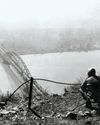
REMAGEN GATEWAY TO THE REICH
On 7 March 1945 the Ludendorff Bridge over the Rhine at Remagen was still standing - capturing it intact was vital to the Allied advance into Nazi Germany
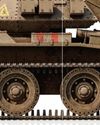
A13 MK III CRUISER COVENANTER TANK
Plagued with mechanical issues, the Covenanter was envisioned as an improved cruiser design but never deployed for overseas service
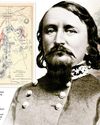
INSIDE PICKETT'S CHARGE
On 3 July 1863 a Confederate regiment – the 19th Virginia Infantry – marched into the jaws of Hell in one of the most infamous events in American military history
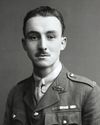
Heroes of the Victoria Cross: MILTON FOWLER GREGG
On 28 September, 1918, this Royal Canadian Regiment officer led his men through uncut barbed wire into enemy trenches
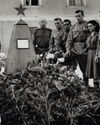
MARCH 1945
To commemorate 80 years since the Second World War, History of War will be taking a look at some of the key events taking place during each month of the conflict
